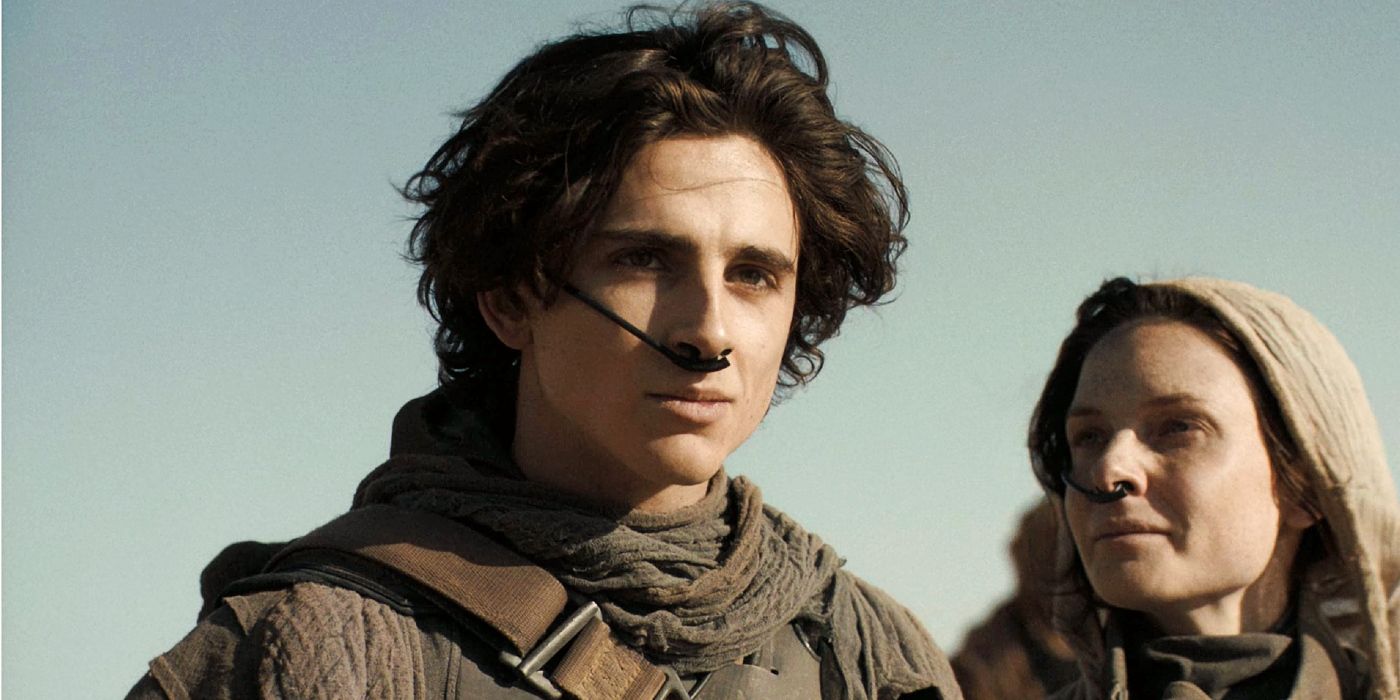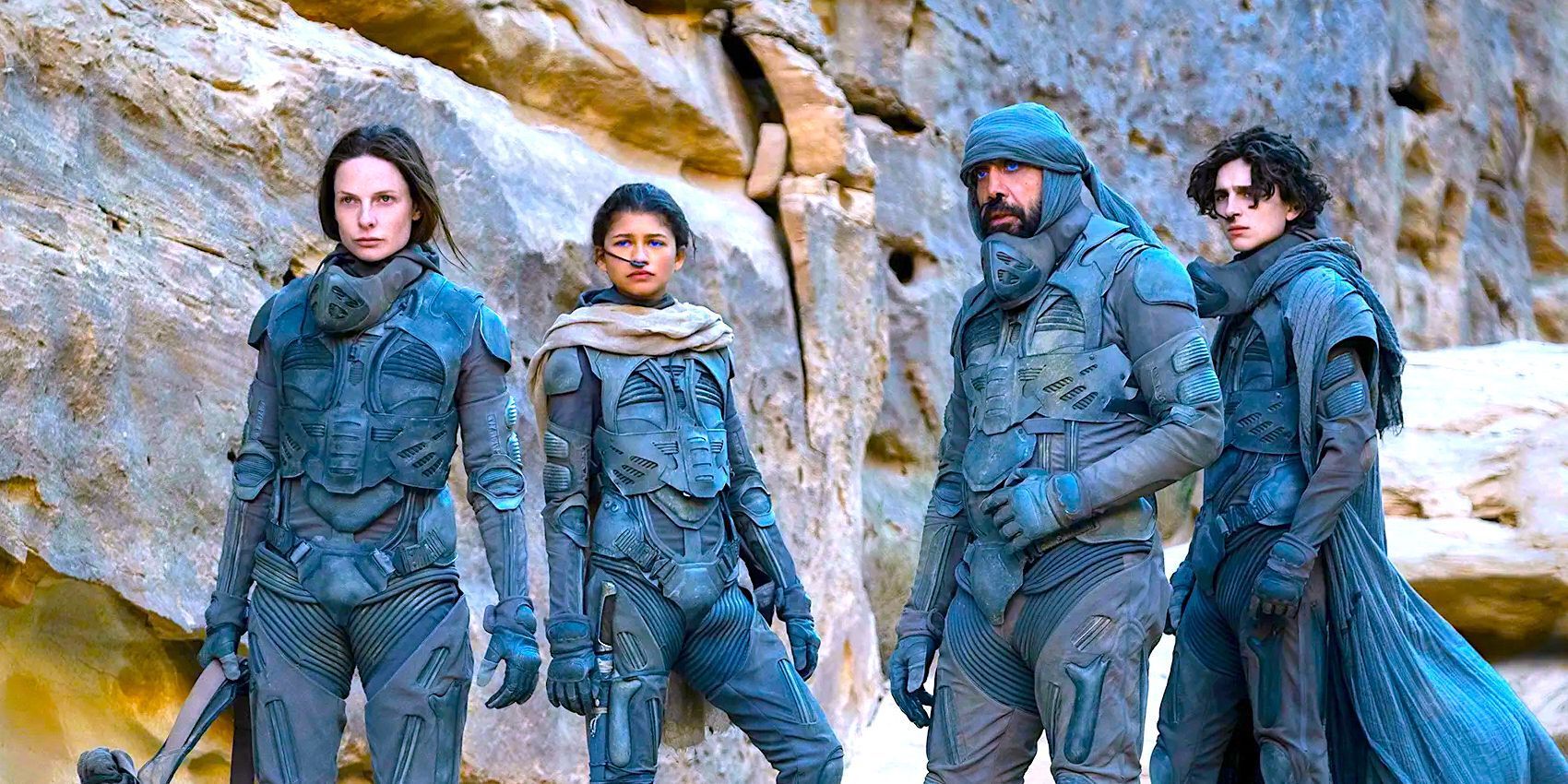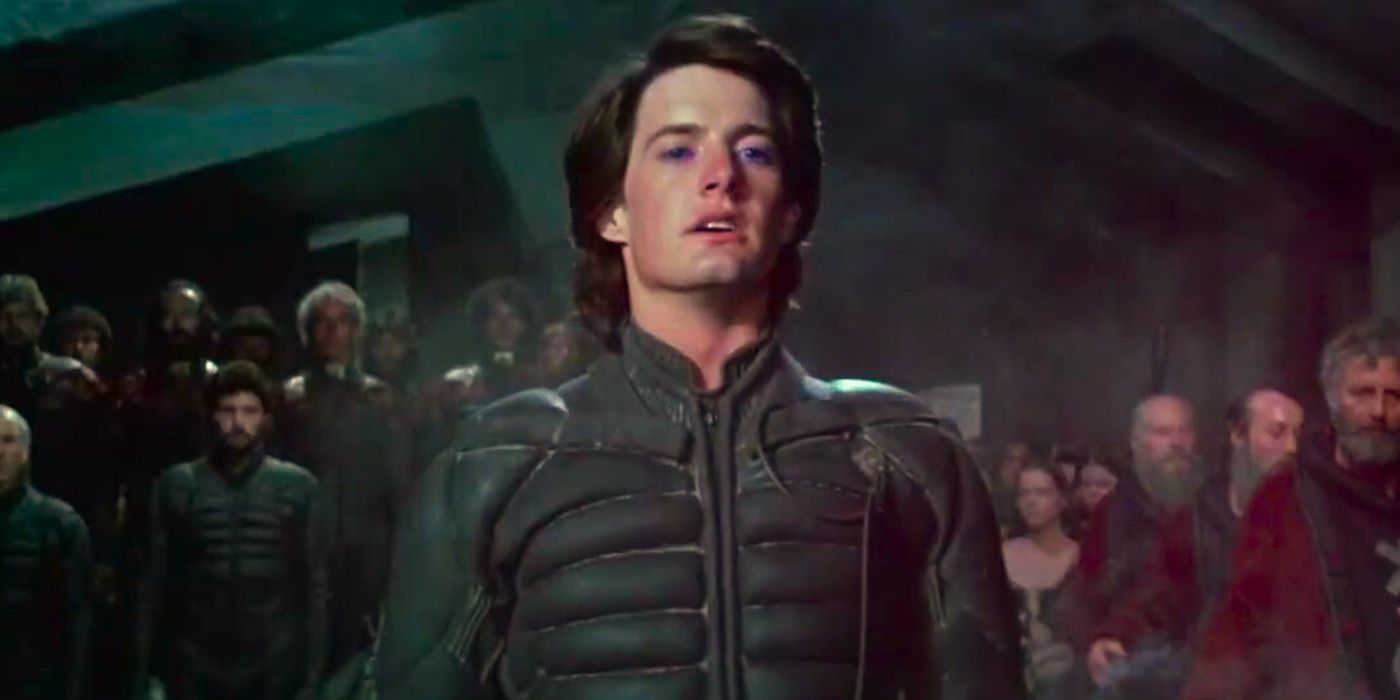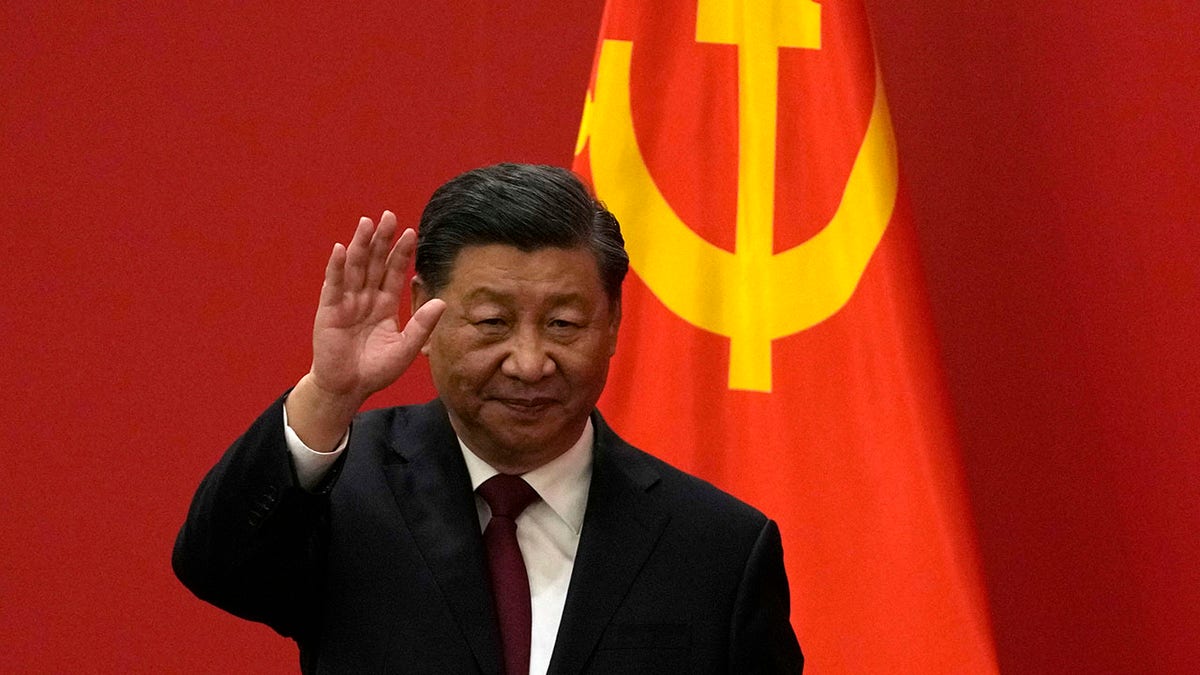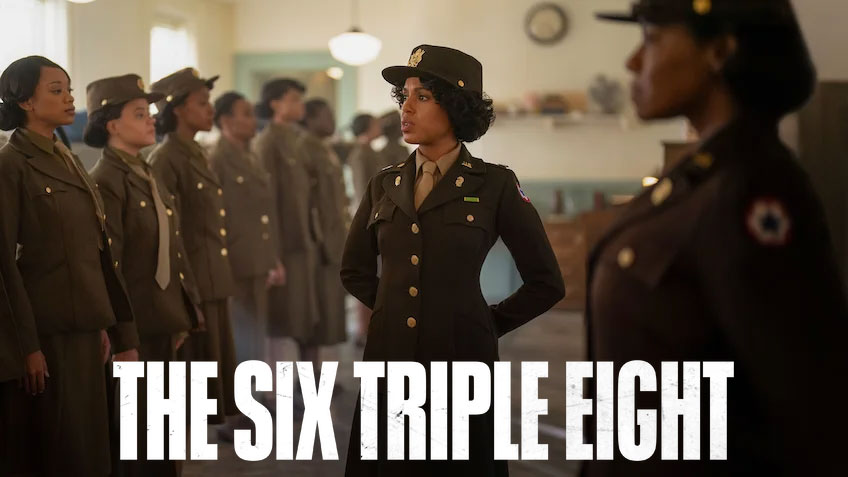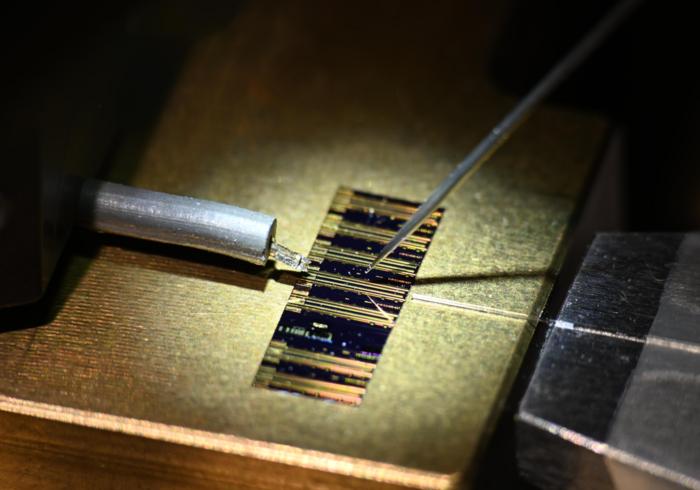Spoilers are ahead for Dune Part One. There’s also in-depth discussion of the ending of Frank Herbert’s Dune, the films’ source material.
Summary
- Lynch’s 1984 Dune film successfully dives into the action due to time constraints, while Villeneuve’s 2021 adaptation is more slow-burn and exposition-heavy.
- Villeneuve’s Dune Part One focuses on an ensemble of characters, giving space to supporting characters like Lady Jessica, in contrast to Lynch’s film, which sidelined them.
- The 1984 Dune failed to criticize Paul’s messiah status, while the novel and Villeneuve’s adaptation maintain the exploration of Paul’s flaws and the consequences of his actions.
Denis Villeneuve’s Dune Part One failed Paul Atreides in one key way that David Lynch’s 39-year-old original movie actually got right. Like Villeneuve’s multipart epic, Lynch’s 1984 Dune adapts Frank Herbert’s novel of the same name. However, after several drafts, the Blue Velvet director condensed Herbert’s gargantuan source material into a single 137-minute outing. With a $40 million budget, a young Kyle MacLachlan starring as Paul Atreides, and a soundtrack by Toto and Brian Eno, the ’80s space opera seemed poised to be a box-office hit. Despite the talent involved, Dune bombed, with Lynch disowning the much-altered final cut of the film.
Decades later, 1984’s Dune developed something of a cult following, partially because of Lynch and partially because of the way the film perfectly encapsulates ’80s sci-fi. While most of the biggest differences between the 2021 and 1984 Dune films see Villeneuve’s more slow-burn epic coming out on top, there are a few elements Lynch’s version gets right. Since the truncated 1984 version tries to squeeze in all the lore and story from the novel, it can become incredibly confusing for viewers who haven’t read the source material. On the other hand, time constraints push Lynch’s Dune to launch right into the action, which is one of its strengths.
Dune 2021’s Split-Movie Approach Gives Paul Way Less Agency Than In The 1984 Movie
Herbert’s novel is known for its rich world-building and history. Set dressings aside, however, the political landscape of Dune is dense. Numerous factions vie for control of the known universe, from the Bene Gesserit order to Padishah Emperor Shaddam IV. In Villeneuve’s Dune Part One, Duke Leto Atreides (Oscar Isaac), Paul’s father, is given stewardship of the desert planet Arrakis — the sole source of Dune‘s drug melange. Also known as “the spice,” melange is integral to space travel, but it also extends a user’s lifespan and grants them preternatural abilities. Paul (Timothée Chalamet) and his mother, the Bene Gesserit acolyte Lady Jessica (Rebecca Ferguson), accompany Leto to Arrakis.
Headed up by the insidious Baron Vladimir Harkonnen (Stellan Skarsgård), the Atreides’ long-time rivals, House Harkonnen, formerly controlled Arrakis. Despite sensing that the transfer of power is a trap, Leto accepts the appointment, hoping to form an alliance with the planet’s Indigenous people, the Fremen. Shortly after the Atreides settle in on Arrakis, the Harkonnens — with the (secret) aid of Emperor Shaddam — attempt to retake the planet and end House Atreides’ bloodline. Luckily, Jessica has helped Paul hone various Bene Gesserit powers, which comes in handy when the two must flee into the desert. That said, Paul is a pawn in the larger story throughout 2021’s Dune.
Although Chalamet’s Paul is cunning and competent, he’s sidelined throughout much of Dune Part One. Instead of grappling with being the prophesied messiah, Dune‘s Kwisatz Haderach, Paul merely glimpses the destiny that awaits him. A slow-burn, exposition-heavy film, Dune Part One brings Paul along for the ride, moving him from set-piece to set-piece. While the first act is much the same in Lynch’s Dune, Kyle MacLachlan’s Paul has more agency from the start. Given the 1984 film’s condensed runtime, that’s certainly out of necessity, but it also serves the character well. In many ways, Dune Part One is merely a prelude to Paul’s actual arc.
Denis Villeneuve’s Dune Is More Focused On Its Ensemble Of Characters Than Paul
Paul Atreides is still the protagonist of Villeneuve’s Dune saga, but, unlike the 1984 adaptation, the director gives space to the supporting characters in Paul’s story. For example, Dune‘s Lady Jessica changes ensure she’ll remain an important figure for the entirety of the saga. In contrast, the Jessica of the 1984 film feels more like a character-turned-plot device. In true sci-fi epic fashion, Villeneuve’s Dune Part One is an ensemble project with dozens of fully realized characters. This approach feels more in line with Herbert’s novel, but, to be fair, it’s the kind of vision that benefits from Dune‘s story being split across multiple films.
Lynch Still Failed Paul & The Dune Novels In A Huge Way That Villeneuve Is Succeeding In
One of the enduring strengths of Herbert’s novel is that Dune‘s messiah prophecy subverts chosen-one narratives. While Lynch’s film did Paul’s character justice in some ways, the ’80s Dune failed in one huge way: it didn’t criticize Paul’s messiah status. In Herbert’s novel, Paul’s Kwisatz Haderach abilities allow him to connect with the genetic memory of his ancestors and have clairvoyance across time and space. The leader of the Fremen, Paul has knowledge of all his potential futures. As a result, he grapples with making decisions that benefit himself (or his loved ones) versus those that aid the greater good of the known universe.
Paul succeeds in seizing the Empire from Shaddam, but the victory comes at a massive cost. Once Paul becomes the ruler of the known universe, Dune‘s Fremen people’s belief in their messiah becomes too powerful to control. As a result, the Fremen enact a bloody, universe-wide jihad in Paul’s name. A subversion of the infallible chosen one trope, Dune‘s depiction of Paul as a flawed messiah is one of the book’s most compelling elements. To its detriment, the 1984 Dune skirts around any condemnations of its protagonist, turning him into a grating white savior figure. As it stands, Villeneuve’s Dune saga is primed to keep Herbert’s critique intact.














































